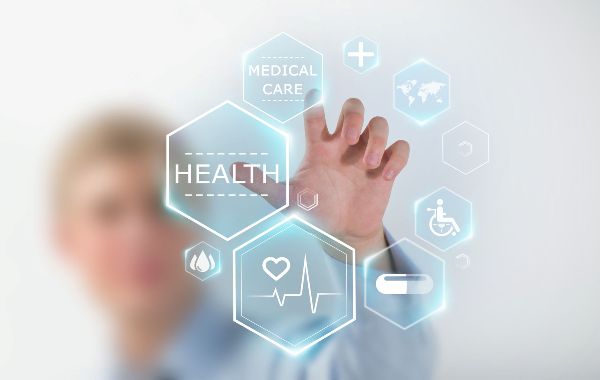
Technology has not only enabled service providers to give better results in terms of diagnosis of any particular disease but it has also helped them to improve different deliverables, affecting patient care directly or indirectly. This was crux of the panel discussion on ‘Making the Most of Advanced Technologies to ensure Effective Treatment to Common Man’ at Urban Healthcare Summit, Mumbai.
A galaxy of dignitaries including officials of Mumbai Municipal Corporation of Greater Mumbai, threw light on different aspect of technology and its role to augment healthcare delivery system.

Dr Shripad Banawali, Prof. and Head, Dept of Medical & Pediatric Oncology, Tata Memorial Hospital, said: “Technology has not only helped us to diagnose various diseases at an early stage, but it also proves to very effective in treating the disease effectively.
Terming the technology as double-edged sword, he said, “In Acute Myeloid Leukemia (AML), till some years ago the outcome was only 15 percent which has now increased to 40-45 percent. But the technology has certain price. Cost of cancer treatment has gone up due to adoption of modern technologies like genomics and targeted therapy.”
Shedding light on how digital radiology has played a key role in revolutionising entire imaging system, Dr Hemant Deshmukh, Dean, KEM Hospital, said: “With digital radiology, we can take more number of X-rays, store, transfer and archive them. These images get ready within a minute while the paper images used to take a day or two. We have these digital images incorporated into PAC system.

“Greatest advantage of digital image is that patients don’t need to come again and again for X-rays. Picture archiving and communication system (PACS) and Health Management Information System (HMIS) have revolutionised entire imaging system,” he further added.
Talking about how Nair hospital leveraged technological advancement to improve infrastructure, influencing delivery of services, Dr Neelam Andrade, Dean, Nair Hospital Dental College, said: “Nair Hospital receives about 3 lakh patients a year. Our hospital is the first in India which has its own indoor beds in the hospital and OT complex in the medical colleges. Among these 3 lakh patients we get a small group of patients who are referred to us as tertiary centres. These patients suffer from Obstructive Sleep Apnea Syndrome (OSA) where airways get narrowed. We have managed the indigenous machine available to them free of cost.”
Highlighting role of technology in cardiology, Dr Jayashree Mondkar, Dean, Lokmanya Tilak Municipal Medical College and General Hospital, said, “When we talk about high-end technology being made available at an affordable cost, one of the best examples would be interventional cardiac services as well as cardiac surgical services which municipal corporations provide through major teaching hospitals.
Also read: Aster DM Healthcare plans to invest Rs 1,000 cr for hospitals in India
“These hospitals have State-of-the-art cardiac catheterisation laboratory. In addition, we have modern equipments including 3-D ecocardiography, intravascular sonography, and optical tomography to provide high standard of care to patients,” Mondkar further stated at Summit.
“Cooper Hospital is making a mark through best- in-class services, though the hospital is still at inception stage. We have been supported by our sister-concerns. Very soon, the hospital will have cath labs, and trauma centres. The referrals (patients refereed from our hospitals) to central hospitals is zero percent. Patients are managed and tackled here with all services except dialysis,” Dr Ganesh Shinde, Dean, Cooper Hospital, said.
Elaborating the kind of facilities patient are being catered with, Dr Mamta Manglani, Director, Thalassemia Care Centre, MCGM, said: “We provide comprehensive care for Thalassemia under one roof. It’s MCGM-run centre. It is one stop centre where a patient gets endocrine, cardiac, hematology evaluation, as well as audiology and ophthalmology investigation for side-effects monitoring.We also provide pre-natal diagnosis to pregnant women who are mothers of Thalassemic children. All basic tests are being provided by the centre.”
Be a part of Elets Collaborative Initiatives. Join Us for Upcoming Events and explore business opportunities. Like us on Facebook , connect with us on LinkedIn and follow us on Twitter , Instagram.



